Results
-
 £14.95
£14.95Poco Allegretto from Symphony no. 3 - Johannes Brahms - Denis Burton
Allegretto or Poco Allegretto to give it its complete title, is the third movement of Johannes Brahms' Third Symphony. The Third Symphony was completed in 1883, some six years after his Second and is considered by critics as one of...
Estimated dispatch 5-7 working days
-
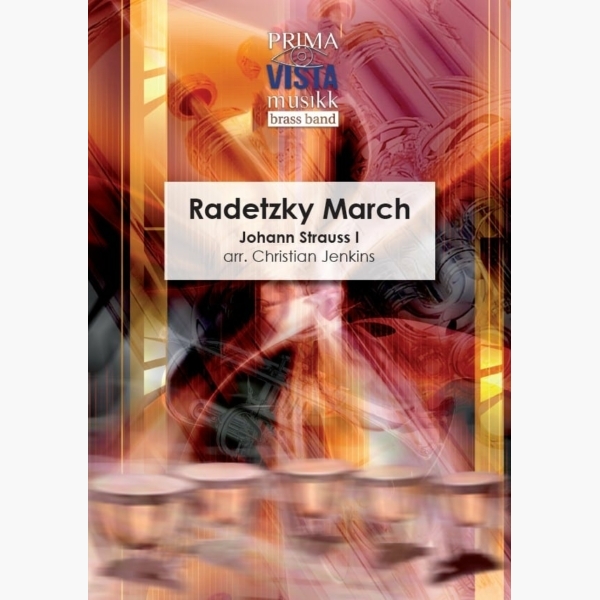 £24.95
£24.95Radetzky March - Johann Strauss I - Christian Jenkins
First performed in Vienna on the 31st August 1848, the Radetzky March is one of Strauss' most enduring pieces. It was commissioned to celebrate the Austrian Empire's victory over Sardinia at the Battle of Custoza earlier that year, and was...
Estimated dispatch 5-7 working days
-
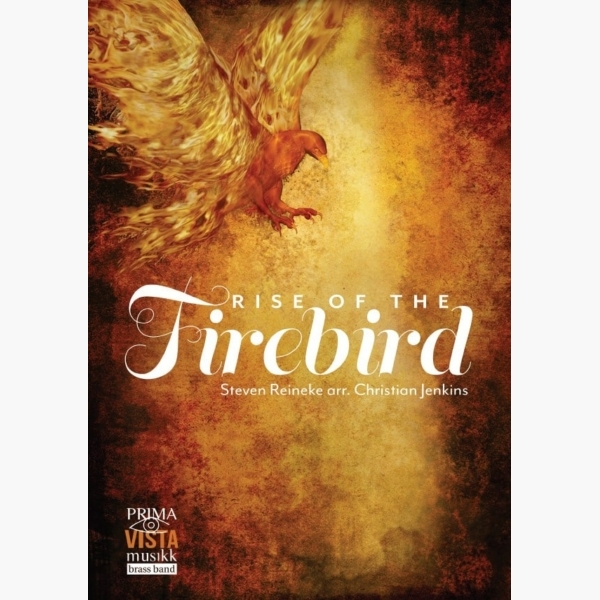 £29.95
£29.95Rise of the Firebird - Steven Reineke - Christian Jenkins
Originally written for concert band, this dynamic piece contrasts energetic fanfares with more lyrical sections to produce a bold concert opener. A native of Ohio, composer Steven Reineke is one of America's most sought-after pops conductors, composers and arrangers. He...
Estimated dispatch 5-7 working days
-
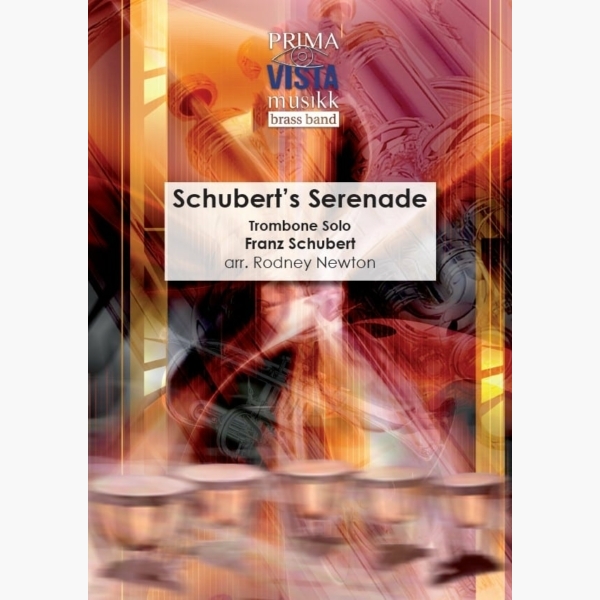 £24.95
£24.95Schubert's Serenade - Franz Schubert - Rodney Newton
Franz Schubert (1797-1828) was a highly prolific writer of songs, having composed around 144 of them at the time of his death. Indeed, it is said that he even wrote one of them on the tablecloth at a Viennese restaurant...
Estimated dispatch 5-7 working days
-
 £64.95
£64.95SVoR - Torstein Aagaard-Nilsen
Torstein Aagaard-Nilsen (b. 1964, Norway) is one of Norway's finest composers and has gained an international reputation for his music for Brass- and Wind Bands and Ensembles. The broad spectre of musical activity, the versitality in his production and his...
Estimated dispatch 5-7 working days
-
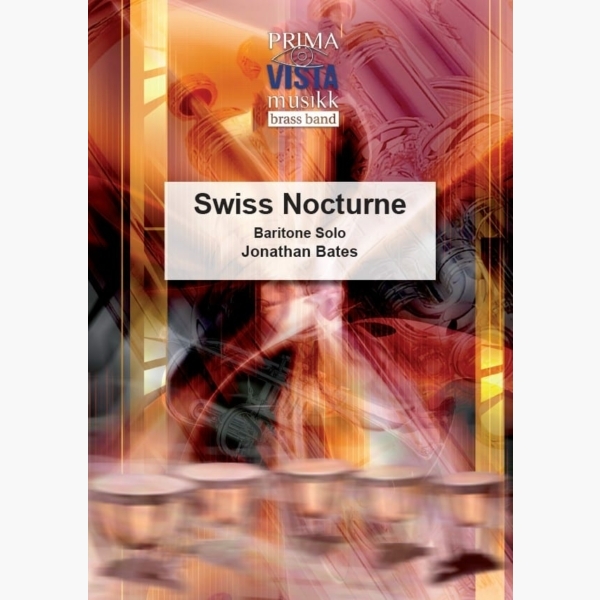 £24.95
£24.95Swiss Nocturne - Jonathan Bates
Swiss Nocturne was composed for Flowers Band's Principal Baritone Ben Stratford. One of the UK's leading baritone soloists, Ben was the recipient of the 'Best Baritone' award at the 2014 Brass in Concert Championships and is a music student at...
Estimated dispatch 5-7 working days
-
 £24.95
£24.95The Melody Shop - Karl King - Jacob Larsen
Written in 1910, this circus march is one of Karl King's most popular marches. King had an illustrious career as a player, a bandmaster and most notably as a composer. Much of his composition was undertaken while he was working...
Estimated dispatch 5-7 working days
-
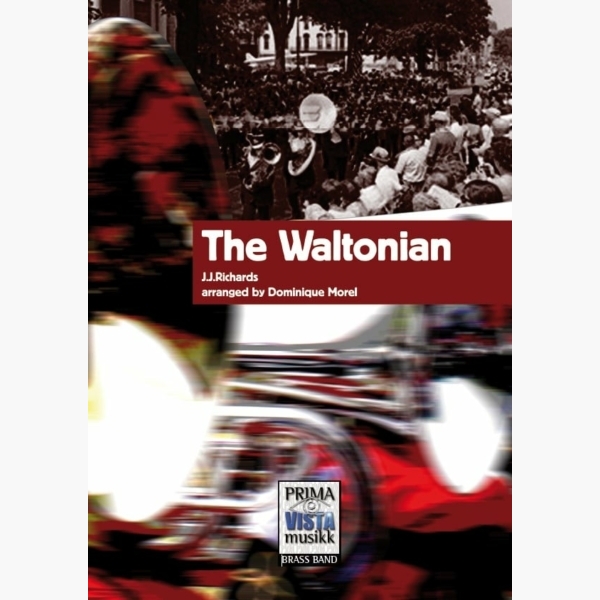 £24.95
£24.95The Waltonian - J J Richards - Dominique Morel
Used in the Cory Band's winning performance at Brass in Concert in 2008, this popular circus march is jam-packed with bravura for all sections of the band. One of J. J. Richards' finest marches, superbly arranged by Dominique Morel.
Estimated dispatch 5-7 working days
-
 £34.95
£34.95Three Burns Portraits - Rodney Newton
Robert Burns (1759-1796) was one of the most colourful literary figures of the 18th Century. The son of a tenant farmer, he was born in Ayrshire, Scotland, and earned a living variously as a farmer, flax dresser and exercise man,...
Estimated dispatch 5-7 working days
-
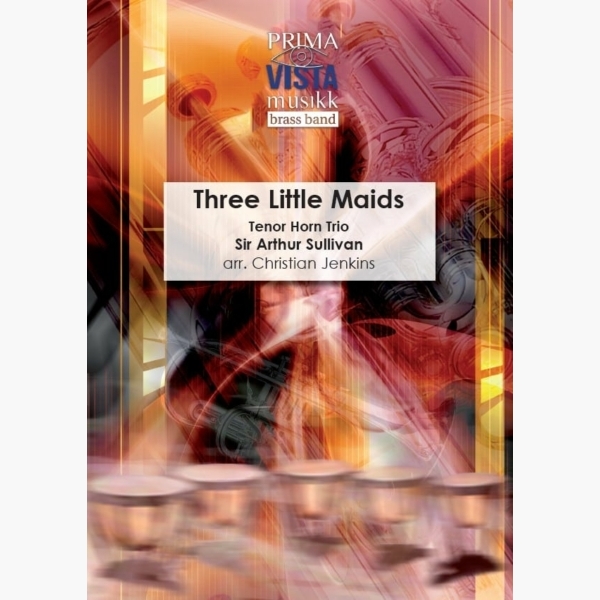 £24.95
£24.95Three Little Maids (from the Mikado) - Sir Arthur Sullivan - Christian Jenkins
Since its premiere in 1885 at the Savoy Theatre in London, The Mikado (or The Town of Titipu) has become one of the most-performed pieces of musical theatre in history. As with many of Gilbert and Sullivan's productions, the show...
Estimated dispatch 5-7 working days
